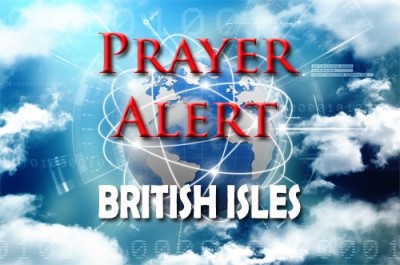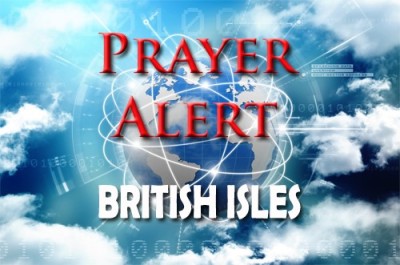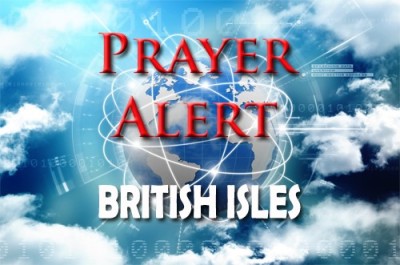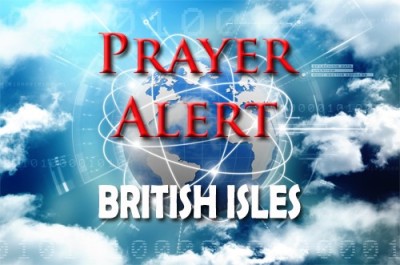A pivotal high court hearing in March could determine the fate of the critically endangered African penguin. Conservationists have filed a legal challenge against the South African government and the commercial pelagic fishing industry over former environment minister Barbara Creecy’s decision to extend island fishing closures for ten years. The case, set for 18-20 March, will address constitutional rights, scientific research, and international conservation law. The dispute centers on whether competition for fish stocks, particularly sardines and anchovies, is a key factor in the penguin's decline. A panel of international experts suggested using a scientific method for determining island closures which would be of maximum conservation benefit to the penguins and the smallest cost to commercial fisheries. Instead, Creecy extended existing closures without adopting new recommendations. With the African penguin’s status recently changed from ‘endangered’ to ‘critically endangered’, the court's ruling carries profound implications for its survival.
Authorities plan to euthanise around ninety false killer whales after a mass stranding on a remote Tasmanian beach. A total of 157 whales beached near Arthur River; many died soon afterwards. Rescuers attempted to refloat two survivors, but rough conditions and strong currents prevented their return to the ocean. False killer whales, one of the world's largest dolphin species, have not stranded in Tasmania for over fifty years. The extremely difficult terrain and treacherous conditions made large-scale rescue efforts impossible, leading to the heartbreaking decision to euthanise the remaining survivors. Eyewitnesses described the scene as horrific, with stranded whales calling out for help. Authorities are now considering how to dispose of the carcasses, respecting the cultural heritage of the site. Experts believe that whales can become disoriented while hunting fish or following a leader into shallow waters. Over 80% of Australian whale strandings occur in Tasmania.
Kristie Higgs, a Christian school counselling assistant, has won a landmark UK Court of Appeal case after being fired in 2019 for expressing concerns on Facebook about LGBTQ+ materials being taught in her son’s CofE primary school. The court ruled her dismissal was unlawful discrimination based on religion and belief. Higgs had posted about the 'No Outsiders' programme, which included books promoting gender ideology. An anonymous parent complained, leading to her dismissal for 'gross misconduct'. The school argued she was fired for her language, not her beliefs, but judges ruled the termination was disproportionate. The ruling strengthens freedom of speech and religious expression in employment law, shifting the burden onto employers to justify such dismissals. Higgs, supported by the Christian Legal Centre, called the decision a victory for free speech and for Christians facing workplace discrimination. She hopes it will protect others from losing their jobs over their beliefs.
A new Times survey reveals that Generation Z is more pro-marriage and less engaged in casual sex than millennials. Only 23% of Gen Z respondents said their friends commonly had one-night stands, a steep drop from 78% of millennials twenty years ago. Additionally, fewer young people are engaging in unprotected sex outside long-term relationships, and internet pornography use appears to have declined. While some Gen Z individuals still question the need for legal marriage, others see it as a more serious commitment than past generations. Financial constraints remain a barrier, with lower-income individuals less likely to marry because the benefits system disincentivises marriage. Some argue that difficulties with dating apps and changing cultural values have made young people more likely to stay in long-term relationships rather than constantly seeking new partners. This shift could indicate a revival of traditional relationship values.
The Government has stated it will not immediately retaliate against the renewal of US steel and aluminium tariffs, instead opting for a measured approach. Trade minister Douglas Alexander emphasised the need for a 'cool and clear-headed' response rather than a knee-jerk reaction. The 25% tariffs, set to take effect from 12 March, are designed to reduce foreign imports and boost US steel production. While the UK only exports 10% of its steel to the US, certain specialist suppliers could face severe impacts; the tariffs could also lead to an influx of cheaper foreign steel into the UK, undercutting domestic manufacturers. In response, UK Steel and unions are urging the Government to increase domestic steel purchases and protect jobs. Other nations, including Canada and the EU, have condemned the tariffs and vowed retaliatory measures, while the UK remains committed to diplomatic engagement. Donald Trump, who imposed similar tariffs in 2018, has indicated no exemptions this time, except possibly for Australia.
An official inquiry will soon be launched into the June 2023 Nottingham attacks, when three people were killed by Valdo Calocane. Calocane, who also attempted to kill three others, was sentenced to an indefinite hospital order after admitting to manslaughter by diminished responsibility. Experts ruled that schizophrenia reduced his responsibility, but victims' families insist he 'got away with murder' and demand full accountability. The victims' families welcomed the inquiry, emphasising the urgent need for reforms in mental health care and public safety. A recent NHS England report found severe failures in Calocane’s care, including missed treatment opportunities and a failure to enforce medication. Keir Starmer assured the families that the statutory inquiry will be comprehensive and independent, with a retired judge leading the process to uncover the truth and drive systemic change.
Keir Starmer has announced plans to build a dozen new towns across England, inspired by traditional architectural styles championed by King Charles. With 100 areas applying for developments of over 10,000 homes, he aims to fast-track construction before the end of this parliament, focusing on quality design and community-led development. The Government is targeting 1.5 million new homes, addressing planning delays and environmental regulations which have stalled 700,000 housing projects. Starmer emphasised avoiding a reliance on foreign labour, insisting that developers train British workers to meet construction demands. Visiting Nansledan in Cornwall, a King Charles-backed development, Starmer praised its blended housing approach, where affordable homes are indistinguishable from others. The initiative seeks to expand homeownership opportunities, particularly for young people who have been priced out of the market.
UK to deny citizenship to small boat refugees
13 Feb 2025The Government has introduced new immigration rules making it nearly impossible for refugees who enter illegally - including those arriving by small boat or concealed in vehicles - to obtain British citizenship. From 10 February, applications from individuals who previously entered the UK illegally will normally be refused, regardless of how much time has passed. The Home Office defends the policy as strengthening deterrence, ensuring those who bypass legal entry routes face long-term consequences. However, critics argue that the change creates second-class citizens and contradicts international law, which states that refugees should not be penalised for illegal entry. The new Asylum and Immigration Bill will scrap the Rwanda deportation plan, increase police powers against people smugglers, and criminalise endangering others during illegal crossings. Former home secretary Lord Blunkett has urged parliamentary oversight, warning of the impact on children’s rights and stateless individuals.







